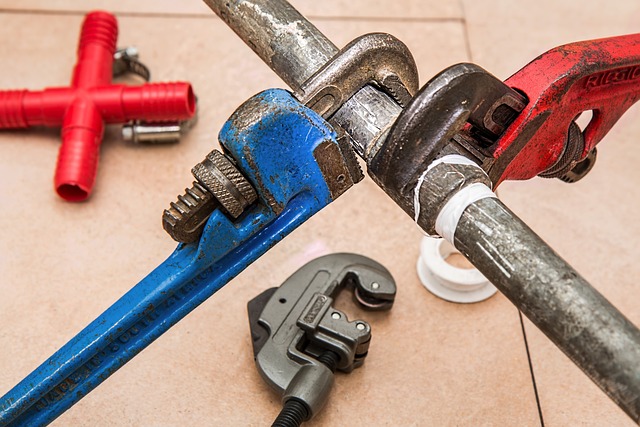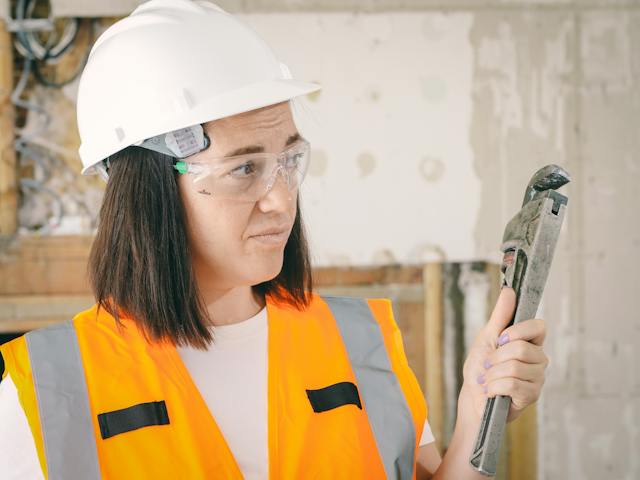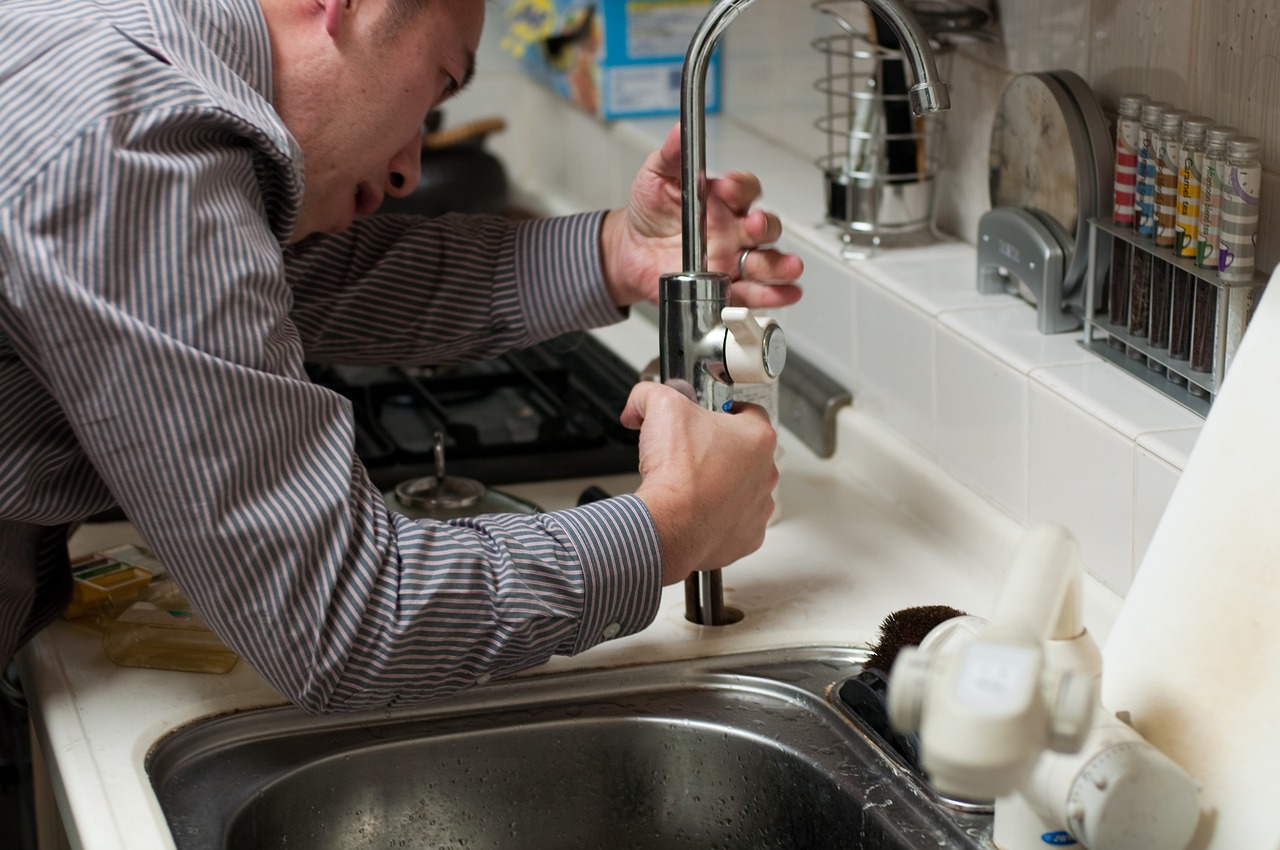DIY Drain Unblocking: Watch Out for These Common Pitfalls
Are you tired of dealing with clogged drains and the frustration that comes along with them? Well, look no further because we have just the solution for you. In this blog post, we are going to dive into the world of DIY drain unblocking and share some valuable insights on how to tackle those pesky blockages. But hold on tight because there are a few common pitfalls along the way that you need to watch out for. So grab your gloves and get ready to unclog like a pro – let’s jump right in.
Overreliance on Chemical Drain Cleaners
Chemical drain cleaners are widely available and are a quick fix for clearing blockages. However, their harsh chemical composition can cause damage to your pipes over time. Moreover, these cleaners pose health and safety risks, and their effectiveness can be limited. Instead, consider using alternative methods, such as a plunger or a drain snake, which offer a more targeted and less harmful approach to drain cleaning.


Ignoring the Source of the Blockage
Simply clearing a blockage without identifying its source can lead to recurring issues. Blockages may be caused by factors such as grease buildup, hair, soap scum, or foreign objects. Understanding the root cause allows for a more tailored and effective solution. Regularly cleaning drains and implementing preventive measures, such as using drain screens to catch debris, can help address the source of blockages and prevent them from recurring.
Neglecting Regular Drain Maintenance
Prevention is often more straightforward than dealing with a full-blown blockage. Regular maintenance can help keep your drains clear and avoid sudden clogs. Consider using enzymatic drain cleaners monthly to break down organic matter and prevent buildup. Additionally, flushing drains with hot water can help prevent grease accumulation. Establishing these maintenance routines can contribute to the long-term health of your plumbing system.
Using Excessive Force With a Plunger
While a plunger is a valuable tool for clearing drain blockages, using excessive force can lead to unintended consequences. Aggressive plunging may damage pipes or create new issues. Instead, use a gentle yet firm technique, ensuring a proper seal between the plunger and the drain opening. Slow, rhythmic movements are often more effective in dislodging blockages without causing harm to the plumbing system.


Disregarding Professional Help
Some blockages are beyond the scope of DIY solutions. Persistent or severe blockages may indicate underlying issues, such as tree root intrusion, damaged pipes, or a collapsed sewer line. Attempting to tackle these issues without professional expertise can worsen the situation and lead to costly repairs. If your efforts are unsuccessful or if you encounter repeated blockages, it’s advisable to seek the assistance of a professional plumber who can diagnose and address the root cause of the problem.
Using Improper Tools
Not all drain blockages can be effectively cleared with a plunger. Using inappropriate tools, such as wire hangers or makeshift implements, can damage pipes and worsen the blockage. Invest in the right tools, such as a drain snake or auger, designed for safe and effective drain clearing. These tools allow you to reach and remove blockages without causing harm to your plumbing system. In conclusion, addressing drain blockages requires a strategic and informed approach to avoid common mistakes that can worsen the situation. Overreliance on chemical drain cleaners, ignoring the source of the blockage, neglecting regular maintenance, using excessive force with a plunger, disregarding professional help, and using improper tools are all pitfalls to be mindful of when dealing with drain issues. By adopting preventive measures, practicing regular maintenance, and seeking professional assistance when needed, you can ensure a more effective and sustainable solution to drain blockages.

